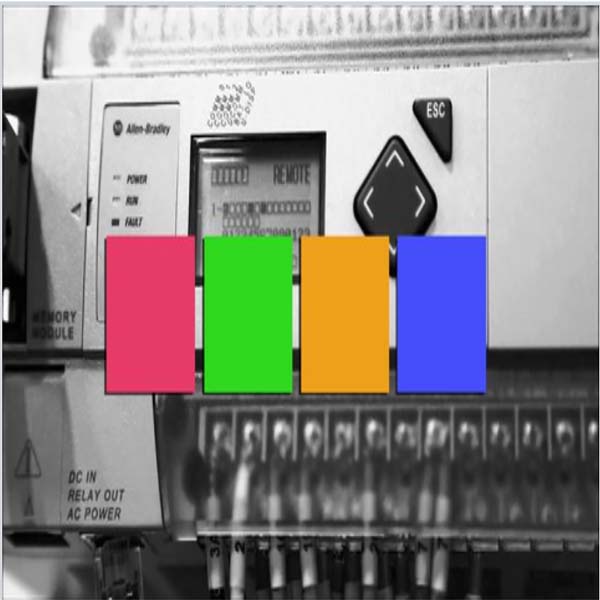What are Power Systems?
First of all, let’s get a proper understanding of Power Systems. Power Systems is the study of any system that is used to generate, transfer or consume electric power. As simple as that. Generally, it is refered to as the study of large grid systems, their transmission lines, transformers, large generators in dams and thermal plants, and consumption at industry or domestic level.
Power Systems is one of the most established fields in Electrical Engineering. It is a Multi-Trillion Dollar international industry. This field requires mostly on-site jobs, Electrical Controls Engineer, Renewable Energy Systems Engineer, and Power Systems Engineer.
Getting Started with Power Systems
Following are the steps you need to take in order to get a beginner level understanding of power systems and to start your journey from Beginner to Professional Level.
-
- Electrical Control Systems
Electrical Control Systems are the key part of Power Engineering and it is the part that is mostly overlooked in different Electrical Engineering Degrees. You should have a strong grasp on how electrical control systems work and how you can design your own control system which suits your requirements.
Below course gives the comprehensive guide to Electrical Control Systems and it is recommended for only those students who are keen about Power Systems and those who find the LCA (linear circuit analysis) and ENA (electric network analysis) courses in their degree interesting.
-
- Renewable Energy
It is arguably the most emerging field in Electrical Engineering in this century and hides a lot of potential in it. The demand for Renewable Energy i.e., Solar and Wind energy, is increasing every year. Hence, more and more job vacancies are in this field. Moreover, higher level of research and development is going on in this field than the rest of Power Systems.
Below course gives a deeper look into renewable energy, Solar Panels and Grid connection in a lot of detail.

[Udemy] Complete Solar Energy Design Course From Zero To Hero [Ahmed Mahdy]
"Complete Solar Energy Design Course From Zero To Hero" This is the only course out there with everything you need to know about solar energy from A to Z. This course starts with the basic concepts of solar energy to the level you will become a professional in solar energy systems design.
-
- PLC Fundamentals
Programmable Logic Circuits are the brains of any industrial process. This key skill of programming the PLCs is in much demand in market. In Power Sector, more and more grids and converting to Smart Grids (explained in next part). These smart grids use SCADA Systems which instead of analog manual control system, use computers for controlling the complete Power System. This has revolutionized the Power Sector and how they operate. These SCADA systems aren’t taught in most universities since these are relatively new concepts. But if you are interested in Power Systems, you should definitely learn these systems to excel in your field.

[Udemy] PLC Fundamentals (Level 1) [Paul Lynn]
This course is designed to equip the novice with no prior PLC programming experience with the basic tools necessary to create a complete PLC program using ladder logic common to most current platforms. Using the Rockwell software RSLogix 500 and FactoryTalk View Studio, we will be covering such topics as general controls, digital and analog IO, ladder logic programming, alarm / notification handling, HMI, emulation, best practices and more.
-
- Smart Grid
In classical Grid architecture, there are dedicated Power Generators which supply power to the grid and whenever you need to add another generator, you need to modify the complete generation system. Moreover, whenever you need to add another significant load, you need to again modify the system. Smart Grids concept was presented almost a decade ago and now most of the first world countries have smart grid systems. These grid systems are agile and can handle different small and large input and output systems and can balance themselves perfectly using its own computer algorithms and other techniques. You can learn more about Smart Grids from below resources.
